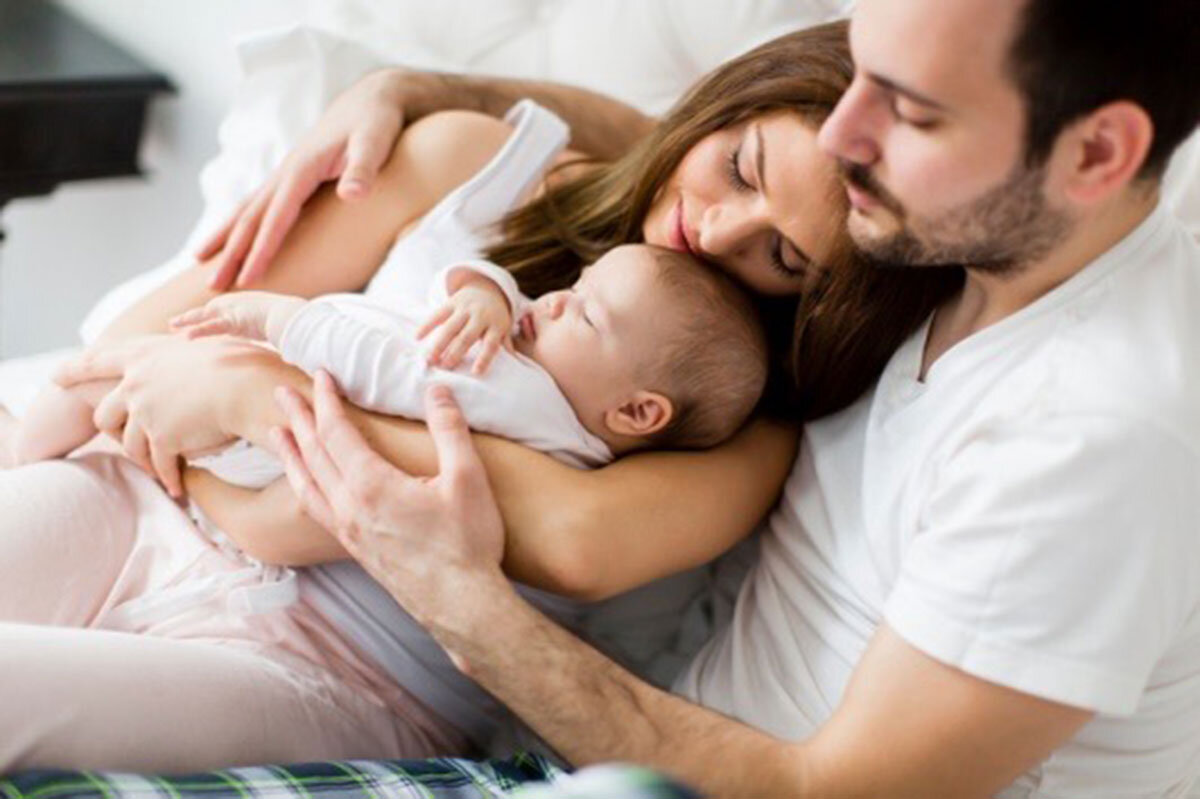It’s a particular treat and privilege to be asked to treat newborn babies. Their “newness” is beautiful in itself, possibly because in that moment they show most clearly the miracle of how we all come into being.
The first 3 months of life after birth is a major period of adjustment for the whole family. For the baby this is as much internal as external adjustment, because they now have to breathe air and digest food for the first time. The heart fully takes over the internal circulation from the placenta, and the lungs decompress, drain fluid and begin to oxygenate air for metabolic use. They will keep growing in surface area terms (alveoli) relative to total body size, for the next three years. Meantime the digestive tract has to accommodate milk rather than meconium and cope with air (wind) as well as milk. On top of this the newborn is encountering bright light, clothing, and a new relationship with gravity and noise. Not to mention parents and siblings!
If the delivery has been fairly straightforward, both baby and mum get a headstart in getting on with each other and getting used to everything else. If not, however, this is also a moment where mum can be in recovery as much as her baby and both need some careful attention as they adjust to this new phase of life. I try to gently suggest to mums to be to have some time before the birth – ideally around a month – to prepare themselves for this life changing event, because there is often limited opportunity afterwards. It’s hard to see mums still trying to recover from their own experience, and perhaps understand what happened, while caring for their newborn and getting limited sleep. The postpartum period is known for its hormonal ups and downs, and lack of sleep never helps! Recovery takes energy and it can be helpful to have reserves to draw on.
I’m always pleased to meet partners too; they often come to the first appointment and sometimes they have also asked for treatment after the delivery. It’s common to feel quite fragile after supporting long demanding labours, especially those ending with interventions. The lack of control is stressful in itself, and more so where progress is not straightforward. Partners are invaluable for helping to create the supportive and nurturing environment mum and baby need most especially in the early days post-delivery. This is an important moment for the family unit and lays the foundations for the coming months and years.
At the Osteopathic Centre for Children I learned to consider the whole family dynamic while treating; we offered treatment to most new mothers because we believed (like most birth professionals) that the baby will do well if mum is doing well. Mum will do well with her partner and family’s support. Giving birth is an emotional and spiritual event as well as physical one. And it is indeed a privilege to be invited to help at this precious moment in life.

